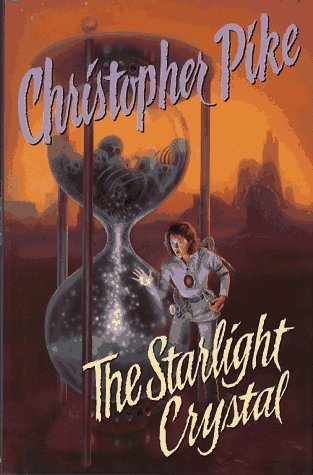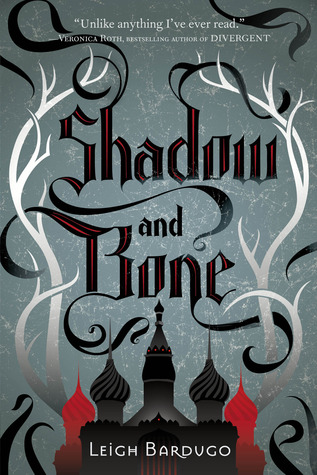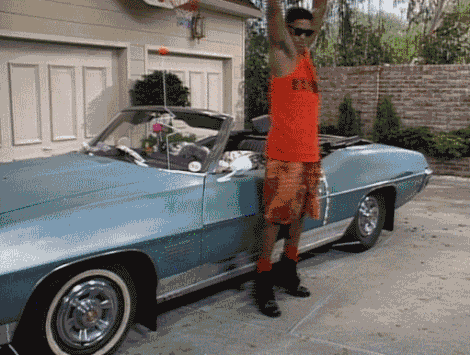Beautiful People | Couples Edition
I'm excited about this month's questions because I'm a massive shipper. Like, I ship ALL the things. As a reader, I love the emotional, sugary, cute romances instead of the super sexy ships, and I'm pretty much the same as a writer. I think it's important that relationships, especially YA relationships, portray something else besides OHMAHGAWDSOSEXY. My current project, A Sky for Dreamers, has the best couple ever, Percy and Polaris.


Percy (left) and Polaris (right)
How and why did they meet?
So, Percy first meets Polaris in a dream. Yeah, Percy has the ability to flicker through other people's dreams, but he usually stays in his own head. Polaris also has this ability and pops up in Percy's dream one night. He is literally Percy's dream guy.
What were their first impressions of each other?
Percy thought Polaris was a bit of a (charming) weirdo. He was mostly just fascinated to meet someone else with his ability.Polaris thought Percy was super cute tbh. A bit awkward, but he figured Percy was just really shy.
How would they prove their love for each other?
Percy is not really the type of person to openly display his affection, so just him opening up and sharing his feelings is sign that he really loves and trusts Polaris. He would probably do small things too: spending time, making dream gifts, going to Polaris' concerts, generally supporting Polaris' interests.
Polaris is more of a show off and loves doing things for the people he cares about. He's not standoffish like Percy, but he does like to keep a safe emotional distance from others. He's the type who only gets ridiculously affectionate towards his significant other: absurd gifts, obnoxious couple t-shirts (#TeamPercy), thirty million couple pictures on Instagram.
What would be an ideal date?
Eating some burgers and going to an indie concert in town. Afterwards, they would come back home to play video games or watch a movie.
Is there something they emphatically disagree on?
Percy does not find Monty Python humorous. Polaris has tried to explain it to him a million times, but Percy refuses to get it. They've agreed to never bring it up.
List 5 “food quirks” they know about each other. (Ex: how they take their coffee, if they’re allergic to something, etc….and feel free to mention other non-food quirks!)
What Percy knows about Polaris:
- Avocados for life. Polaris puts them on anything and everything. If Percy isn't sure what Polaris wants to eat, avocados are a safe bet.
- Polaris is allergic to chocolate. He wasn't before, then puberty struck and chocolate made him break out into hives.
- Polaris isn't a big fan of meat. He still eats it, but he doesn't see it as a staple for every meal.
- Polaris really hates having the window open, Even if it's sweltering/freezing, he keeps it shut.
- Polaris doesn't like coffee.
What Polaris knows about Percy:
- If Percy could, he would only eat Chinese takeout. It's his favorite comfort food.
- He really loves chocolate. It sucks for him that Polaris is extremely allergic.
- Honey mustard goes great on everything.
- He doesn't actually like it, but his family used to eat fried chicken and waffles for Valentine's day, so that's his go-to meal for the holiday.
- He likes eating dream-food a lot. Especially dream-Chinese food.
What’s one thing they know about each other that no one else does?
Besides the dreaming thing?
What Percy knows about Polaris: Polaris is really insecure when it comes to his twin brother. His twin is literally an Adonis and everyone loves him-girls, teachers, strangers. Polaris thinks he's the ugly, unwanted twin.
What Polaris knows about Percy: Percy pretends it's funny and acts like he's not bothered, but he's actually really hurt over the fact that his little brother despises him. When he was younger, Percy really wanted a little brother to bond with, and he's sad that didn't happen.
What’s one thing that they keep a secret from each other?
Polaris: Polaris hasn't told Percy that he was there when his little brother drowned. He just told him he drowned.
Percy: Percy keeps his racial identity crisis a secret. For some reason, he feels like Polaris wouldn't understand because he's always know he was white.
How would their lives be different without each other?
Percy would 100% still be insecure and afraid of opening up. He would also never know that other people have his ability.
Polaris would still hide all of his feelings under a happy facade. He would continue to think that he isn't as great as his brother and that he would be alone forever.
Where do they each see this relationship going?
When the story ends, they're still unsure, though they would like to make it work. I'd like to think that once they hit the cute puppy phase, so believe obviously going to be together forever.
Your turn
I'd love to hear about your fictional couples! If you're not a writer, tell me about your favorite OTP.

































